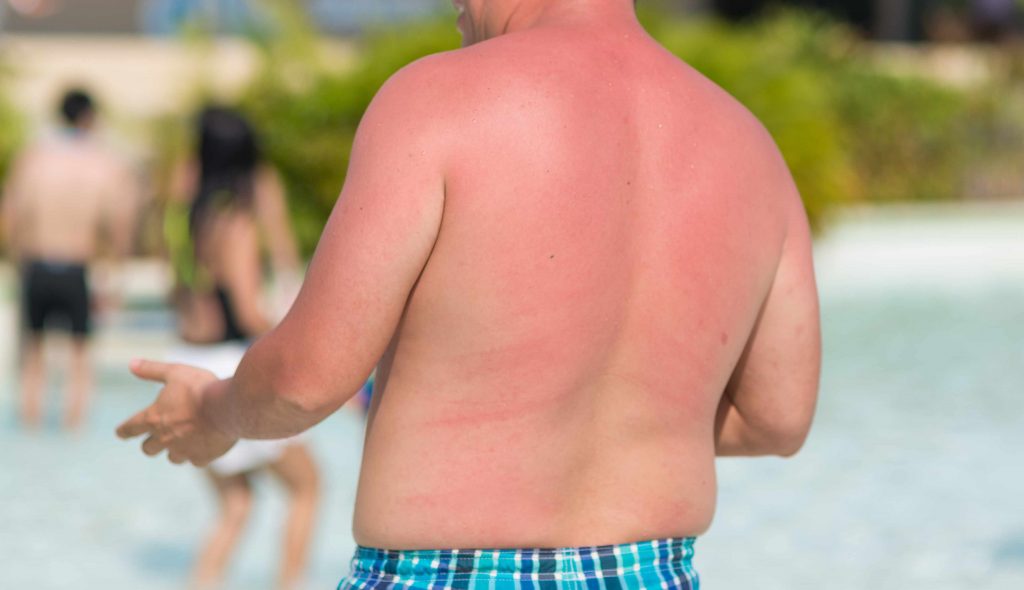
Burns are tissue damage that results from heat, overexposure to the sun or other radiation, or chemical or electrical contact. Burns can be minor medical problems or life-threatening emergencies.
The treatment of burns depends on the location and severity of the damage. Sunburns and small scalds can usually be treated at home. Deep or widespread burns need immediate medical attention.
To treat minor burns, follow these steps:
- Cool the burn. Hold the burned area under cool (not cold) running water or apply a cool, wet compress until the pain eases. Don't use ice. Putting ice directly on a burn can cause further damage to the tissue. Cooling the burn reduces pain and swelling.
- Remove rings or other tight items. Try to do this quickly and gently, before the burned area swells.
- Don't break blisters. Fluid-filled blisters protect against infection. If a blister breaks, clean the area with water (mild soap is optional). Apply an antibiotic ointment. But if a rash appears, stop using the ointment.
- Apply lotion. Once a burn is completely cooled, apply a lotion, such as one that contains aloe vera or a moisturizer. This helps prevent drying and provides relief.
- Bandage the burn. Cover the burn with a sterile gauze bandage (not fluffy cotton). Wrap it loosely to avoid putting pressure on burned skin. Bandaging keeps air off the area, reduces pain and protects blistered skin.
- Take a pain reliever. Over-the-counter medications, such as ibuprofen (Advil, Motrin IB, others), naproxen sodium (Aleve) or acetaminophen (Tylenol, others), can help relieve pain.
- Watch for signs of infection. Minor burns will usually heal in about one to two weeks without further treatment, but watch for indications of infection.
- Consider a tetanus shot. Make sure that your tetanus booster is up to date. It's recommended that people get a tetanus shot at least every 10 years.
Whether your burn is minor or serious, use sunscreen and moisturizer regularly once the wound is healed.
This article is written by Mayo Clinic staff. Find more health and medical information on mayoclinic.org.







